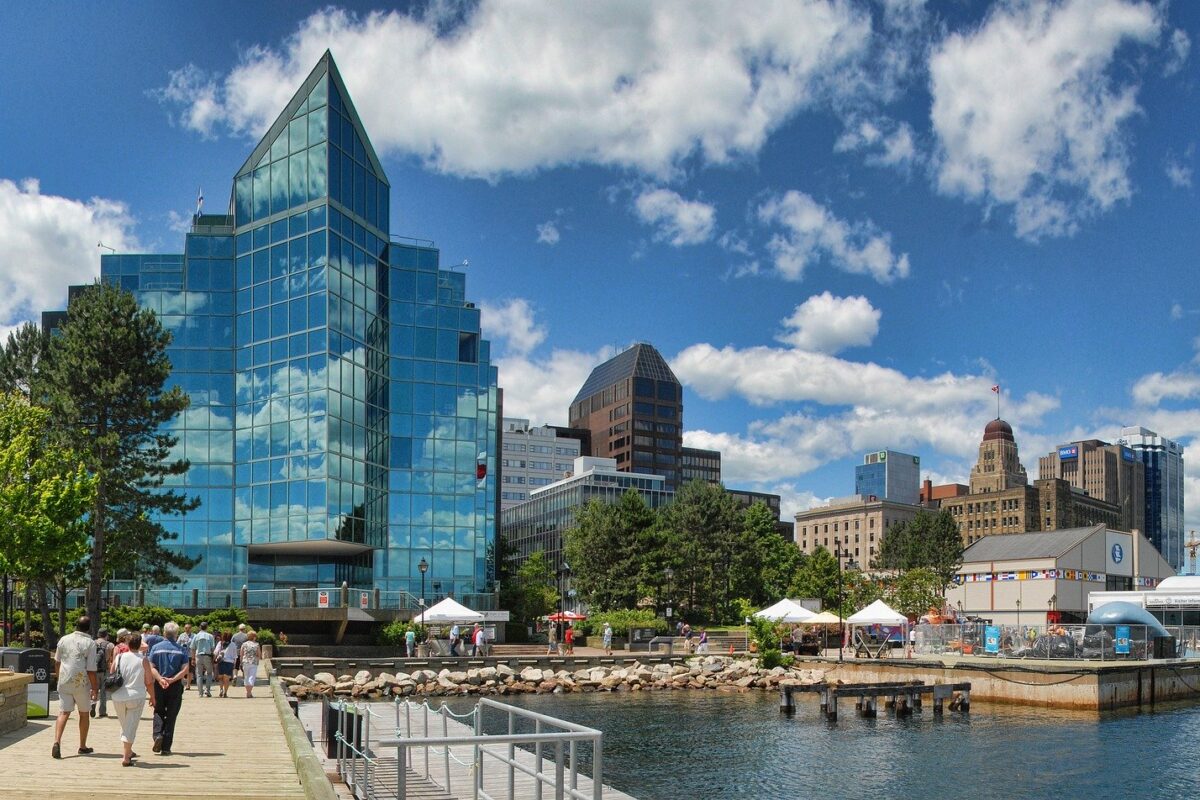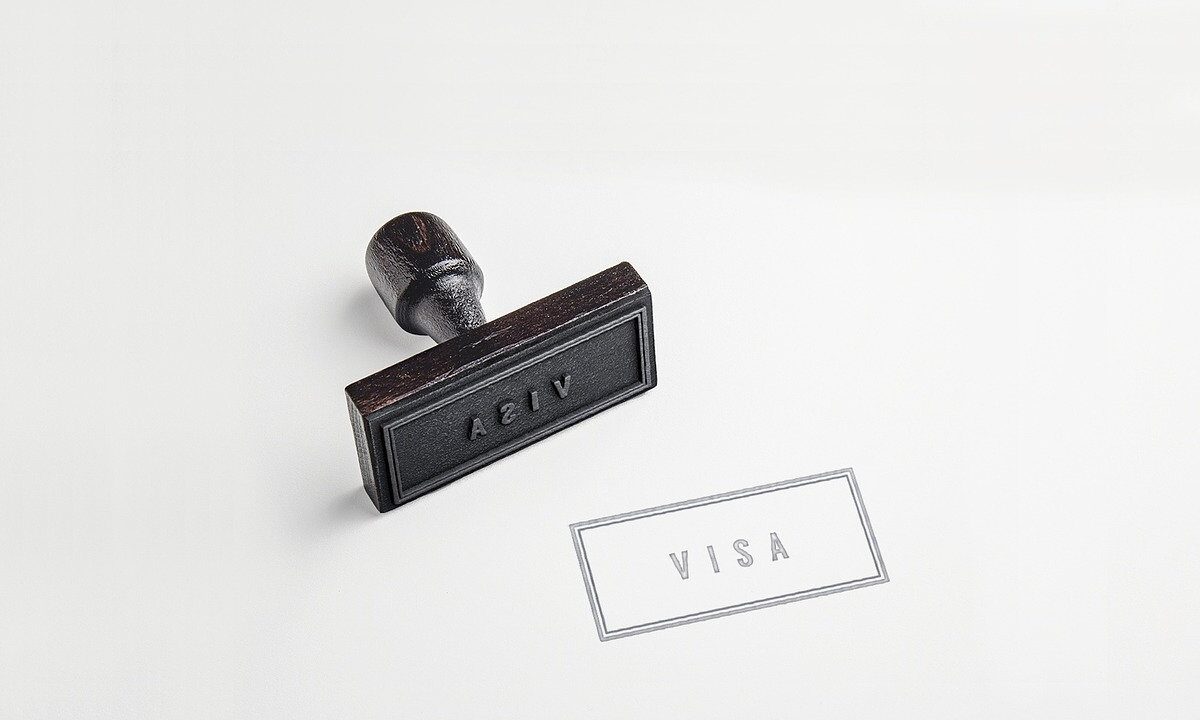Canada not only offers quality education to international students but also an opportunity to gain valuable Canadian work experience and settlement opportunities thereafter. Every year significant number of students come to Canada from around the globe. Around 572,425 foreign students obtained Canadian study permits by the end of 2019 and it has been suggested that approximately 68% of these international students intend to work and settle in Canada as permanent resident.
International students contribute to the cultural, social, and economic landscape of Canada. They add an estimated $15.00 billion a year to Canada’s economy, and many are viewed as ideal candidates for permanent residency given their language proficiency, Canadian education credentials and Canadian work experience. Thus, various provinces have been targeting to attract and retain young graduates with their nomination programs.
BC offers two categories for international graduates across Canada who have a job offer from Canadian employer in BC and satisfy other eligibility criteria:
- Express Entry BC – International Graduate
- Skills Immigration – International Graduate
BC has Skills Immigration Registration System (SIRS) which is a points-based registration and application system that helps BC select the best workers to meet its labour market needs. The applicant’s score is based on the job, its location in B.C. and offered wage, as well as applicant’s work experience, education, and language ability. However, in BC it is more difficult for international graduates to become permanent residents who have high school and post-secondary diploma from BC as they do not get enough points for education and thus, do not qualify to be invited from BC-PNP.
Nova Scotia Provincial Nominee Program (NSNP): better option for international graduates
The Skilled Worker stream assists employers in hiring workers whose skills are in limited supply in the province. The stream helps employers recruit and/or retain foreign workers with the required skills for positions that they have been unable to fill with a permanent resident or Canadian citizen. The Skilled Worker Stream is not an Express Entry (EE) linked Stream which means foreign nationals can apply for Canadian permanent residence even if they are not eligible to enter the federal Express Entry pool.
This stream is not a point-based system and, the Nova Scotia Office of Immigration accepts the application on first cum first basis. International Graduates having one years of Canadian experience usually qualify for the program indeed they meet other program requirements.
The Nova Scotia Office of Immigration (NSOI) does not provide a specific occupation or skills shortage list for the Skilled Worker Stream. However, the NSOI utilizes the National Occupational Classification to distinguish between three occupation types: Skilled Workers, Semi-skilled, and Low-skilled Workers.
Skilled Workers: This category is for individuals with experience in an occupation classified as NOC level 0, A or B. NSOI gives priority to these highly skilled applicants.
Semi-Skilled Workers: This category is for workers whose occupations are classified as NOC level C. Applications in this category will only be considered if all eligibility criteria are met and the applicant has worked for at least six months with a Nova Scotia employer that is supporting the applicant’s permanent residency application.
Low-Skilled Workers: This category is for individuals whose occupations are classified as NOC level D. Applications in this category will only be considered if all eligibility criteria are met and the applicant has worked for at least six months with a Nova Scotia employer that is supporting the applicant’s permanent residency application. There must be a strong sense of support from an employer, such as contribution to the immigration fees, accommodation/housing, language training, and career training plans.
General eligibility requirements: To apply for Skilled Worker Stream you must:
- have a full-time permanent job offer from a Nova Scotia employer;
- have 1 year of work experience related to the job. (Semi-skilled and low-skilled workers must already have six months’ experience with the employer.);
- be 21 to 55 years old;
- have a high school diploma;
- have the appropriate training, skills and/or accreditation for the job;
- prove language ability equal to Canadian Language Benchmark (CLB) Level 5 if you are a skilled worker. If your first language is English or French, that is enough proof. Semi-skilled and low-skilled workers must have test results to prove they meet CLB 4 even if their first language is English or French;
- show enough financial resources to successfully settle in Nova Scotia.
Contact us for consultation and assessment.






